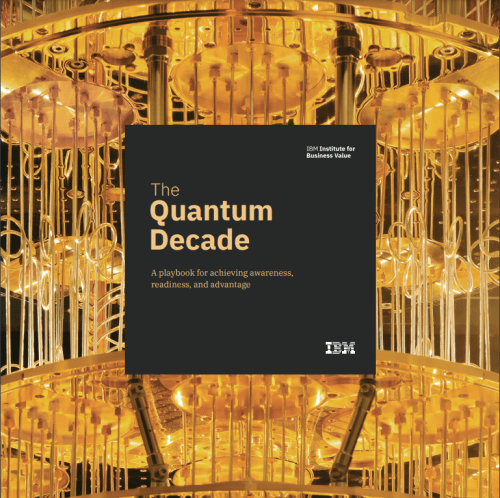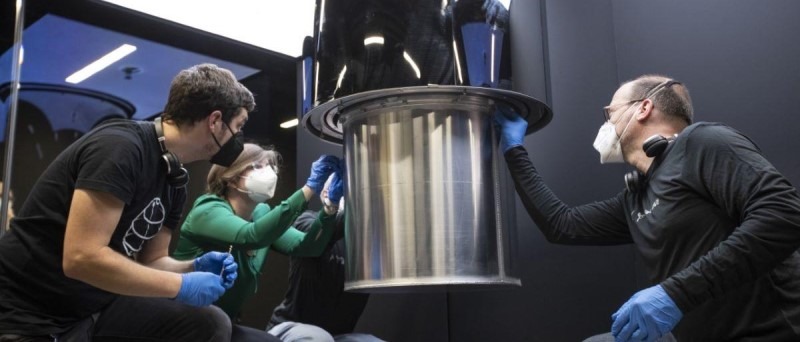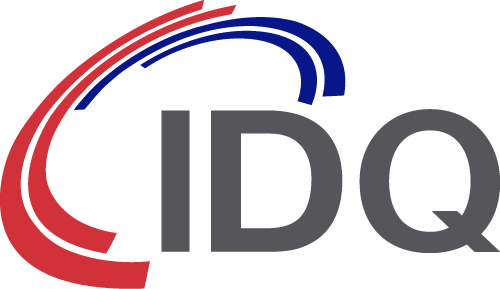Quantum Computing Review Q2 2021
Year 2 in The Quantum Decade: a benchmark moment
We’re already halfway through the second year of the quantum decade, so it’s unsurprising that there have been a raft of reports looking at the global Quantum landscape.
A Quantum Revolution – Report on Global Policies for Quantum Technology from CIFAR, a Canadian-based global research organization, explores how quantum policies, investments and initiative are being implemented around the world. CIFAR finds that, in general, government research and investment is focused on three areas of quantum technology: Quantum Sensing and Metrology, Quantum Computing and particularly, Quantum Communication. The report highlights the increased emphasis on Quantum technologies; a number of countries have some form of national strategy or initiatives to support academic R&D, several others offer significant government funding for private companies and startups. A number of countries have stated their mid-term goal of building a practical quantum computer and developing commercial applications for quantum technology.
This report examining the Australian strategy for the quantum revolution perfectly sums up why countries need to develop a clear strategy for the Quantum era:
The world is now at the precipice of another technological and social revolution—the quantum revolution. The countries that master quantum technology will dominate the information processing space for decades and perhaps centuries to come, giving them control and influence over sectors such as advanced manufacturing, pharmaceuticals, the digital economy, logistics, national security and intelligence.”
 IBM report The Quantum Decade highlights the need to raise awareness of Quantum technologies, not just within academic research. The imminent arrival of quantum computers with 1000 qubits, and their potential to disrupt business operations as well as global communications, is a substantial risk but also offers great opportunity to “supercharge AI and computing workflows”.
IBM report The Quantum Decade highlights the need to raise awareness of Quantum technologies, not just within academic research. The imminent arrival of quantum computers with 1000 qubits, and their potential to disrupt business operations as well as global communications, is a substantial risk but also offers great opportunity to “supercharge AI and computing workflows”.
The need to prepare for the advent of mainstream Quantum computing is underlined by Arthur Herman in Forbes who predicts that ‘Q-Day’ – “when large-scale quantum computers are able to factorize the large prime numbers that underlie our public encryption systems” could occur any day; so countries and organizations cannot afford to be complacent.
New developments in quantum science suggest that this complacency is misplaced. If the large-scale quantum computer is the ultimate thermonuclear device in cyberwarfare, the dirty bomb is the quantum annealer—and it’s probably going to be here sooner than even experts thought.”
Quantum Industry News

Image: IBM Quantum
IBM and Fraunhofer Institute collaborate to build Europe’s first Quantum Computer
A collaboration between IBM and the Fraunhofer Institute in Munich, Germany has finally come to fruition with the unveiling of an IBM Quantum System One computer, Europe’s “first and most powerful quantum computer”. They received €650 million (US$788 million) from the German government at the start of the project, which was delayed when Covid-19 prevented the teams from collaborating in person. The Fraunhofer Institute intends to use the computer to research quantum use cases with clients and governments.
In its press release, IBM refers to the Fraunhofer installation as “the latest example of momentum in what is being called a quantum industry – an industry poised to be worth more than $65 billion by 2030.”
Honeywell Quantum Solutions and Cambridge Quantum Computing combine to form the “World’s Largest, Stand-Alone Quantum Computing Company”.
Two leading quantum computing and technology businesses have announced they will combine to form an independent company, set to be the largest standalone company in the quantum computing industry when the deal closes in Q3 2021. The merger brings together the “world’s highest-performing quantum computer based on trapped-ion technology” and “the global leader in software” for quantum computing platforms, with Honeywell investing up to US$300 million and owning a majority stake. The company intends to offer access to the quantum computer, a full suite of quantum software and the most advanced quantum operating system.
Funding Updates
US announces plan to invest more than $100 Bn in Tech
In an effort to compete with China, the US has rolled out legislation that will bring over $100 billion worth of investment into emerging technologies such as cyber security. The funding is intended to support technology innovation throughout the nation, with expanded manufacturing capabilities in the U.S. helping to strengthen the resilience of supply chains around the world. The investment is also considered a response to increased competition from China and aims to reinforce national security.
Germany to provide €2 billion for Quantum R&D
Two government ministries have announced funding for quantum R&D over the next 5 years. The Federal Ministry of Education and Research and the Federal Ministry for Economic Affairs and Energy will contribute to a number of initiatives, including the development of a competitive quantum computer and the establishment of Quantum consortium.

British quantum tech startup raising $400 million for quantum encryption satellites
British quantum encryption startup Arqit has announced a plan to build and construct two satellites by 2023. The satellites will be designed to support Arqit’s ‘Quantum Cloud’ encryption technology, which is designed to secure the communications link of networked devices from hacking, including from quantum computers.
Arqit’s Quantum Cloud software generates an unlimited number of encryption keys at the end point of customer devices to protect against hacks. The system currently relies on terrestrial communications infrastructure to deliver this capability from source keys that originate in data centers. However, Arqit plans to use satellites to create a backbone of secure keys within data centers around the world.”
Arqit has also received investment from the British government and counts the UK government, European Space Agency, British Telecom and Sumitomo among its customers.
Xanadu raises US$100 million for fault-tolerant quantum computing module.
The Canadian Quantum computing company has raised US$100 million in Series B financing, designated for achieving their next major milestone in building a fault-tolerant quantum computing module, which is critical to the development of a quantum computer that can solve meaningful problems.
“In order to solve important practical problems, a quantum computer needs to have error correction and fault tolerance. This corresponds to building a quantum computer with one million qubits along with other important hardware metrics. To reach this type of scale, a modular approach will be implemented where a number of smaller quantum chips are networked together.”
IDQ in the News
- Forbes: What Does Europe Know About Quantum We Don’t?
- Forbes: Big Data Security In A Post-Quantum World
- Fierce Electronics: Quantum technology moves from scientific theory to business reality
- ID Quantique unveils its 4th generation of Quantum Key Distribution (QKD): the Cerberis XG, the ultimate in quantum-safe security
- ID Quantique and SK Broadband expand the use of Quantum Key Distribution to protect critical information in South Korea
- SK Telecom, Octacto and ID Quantique unveil the world’s first fingerprint recognition security key equipped with a quantum random number generator (QRNG)


